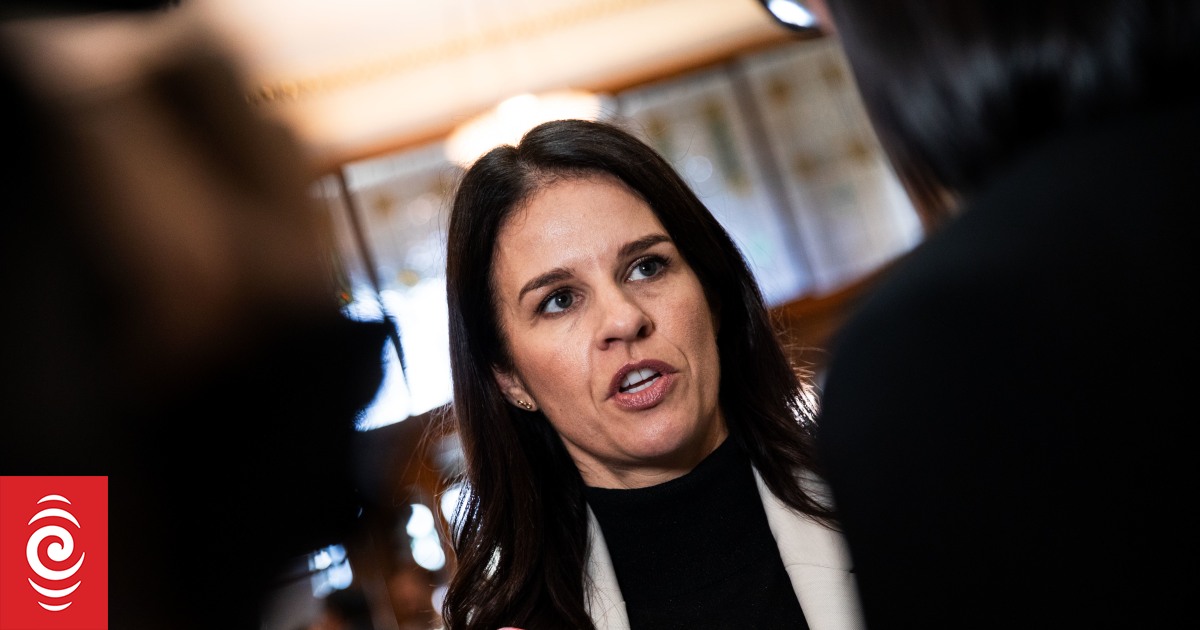Education Minister Erica Stanford
Photo: RNZ / Samuel Rillstone
The government has announced a number of new secondary school subjects and a new emphaisis on artificial intelligence it says will help prepare young people for the jobs of the future.
Education Minister Erica Stanford said those working on the changes will investigate having a new Year 13 subject on Generative AI “for later development”.
“With the rapid development of AI, students will also be able to learn about and use generative AI in a range of subjects. This may include learning about how digital systems work, machine learning, cybersecurity, and digital ethics.”
Stanford said the new subjects, being developed for the Years 11 to 13 curriculum, reflect the growing importance of science, technology, engineering and mathematics, often referred to as STEM.
The subjects include: automative engineering, building and construction, and infrastructure engineering.
“Students will be able to specialise in areas such as earth and space science, statistics and data science, and electronics and mechatronics. There will also be a range of new specialist maths subjects including further maths.
“When our young people leave school, we want doors to open for them whether they’re going to tertiary study, learning a trade, or heading straight into work. These refreshed subjects will provide students with choice, purposeful pathways and opportunities for specialisation that set them up for success,” Stanford said in a statement.
It was vital students had access to “innovative and dynamic subjects” that would help the country’s future, she said.
Other new subjects include: civics, politics and philosophy, Pacific studies, Te Mātai i te Ao Māori and music technology.
Te Marautanga o Aotearoa will be resourced with a first ever detailed curriculum in te reo Māori as well as new subjects including new Tātai Arorangi (Māori traditional systems of Earth and Sky), Te Ao Whakairo (Māori carving) and Te Ao Māori subjects.
The subjects are planned to be phased in from 2028.
Sign up for Ngā Pitopito Kōrero, a daily newsletter curated by our editors and delivered straight to your inbox every weekday.

